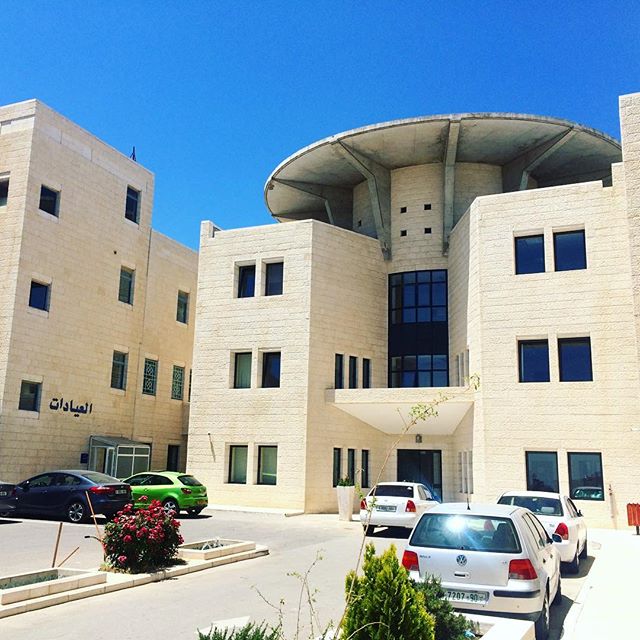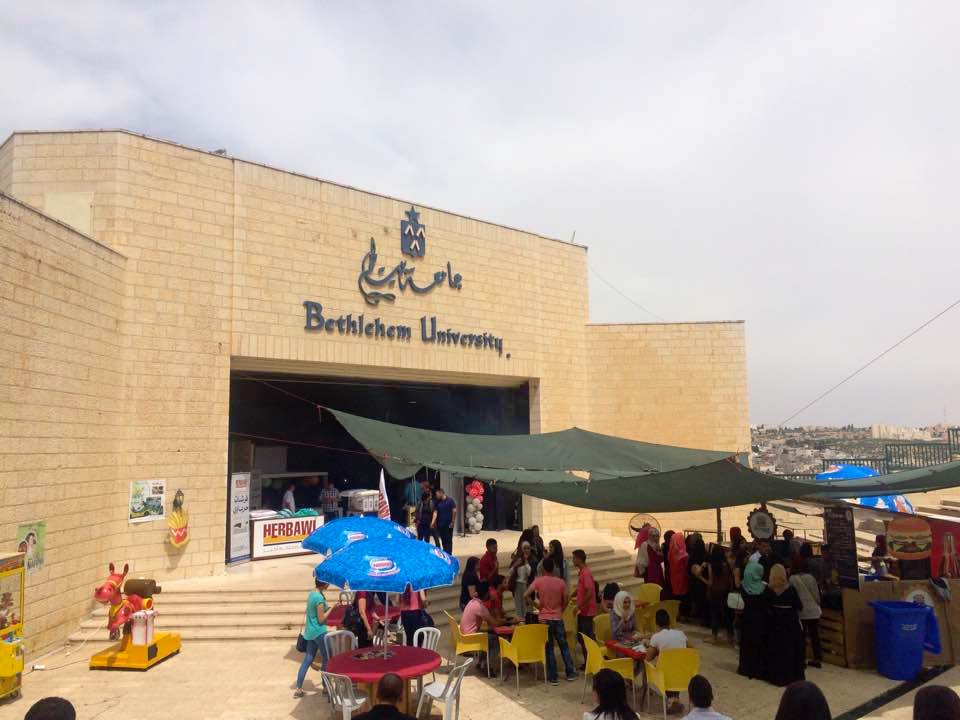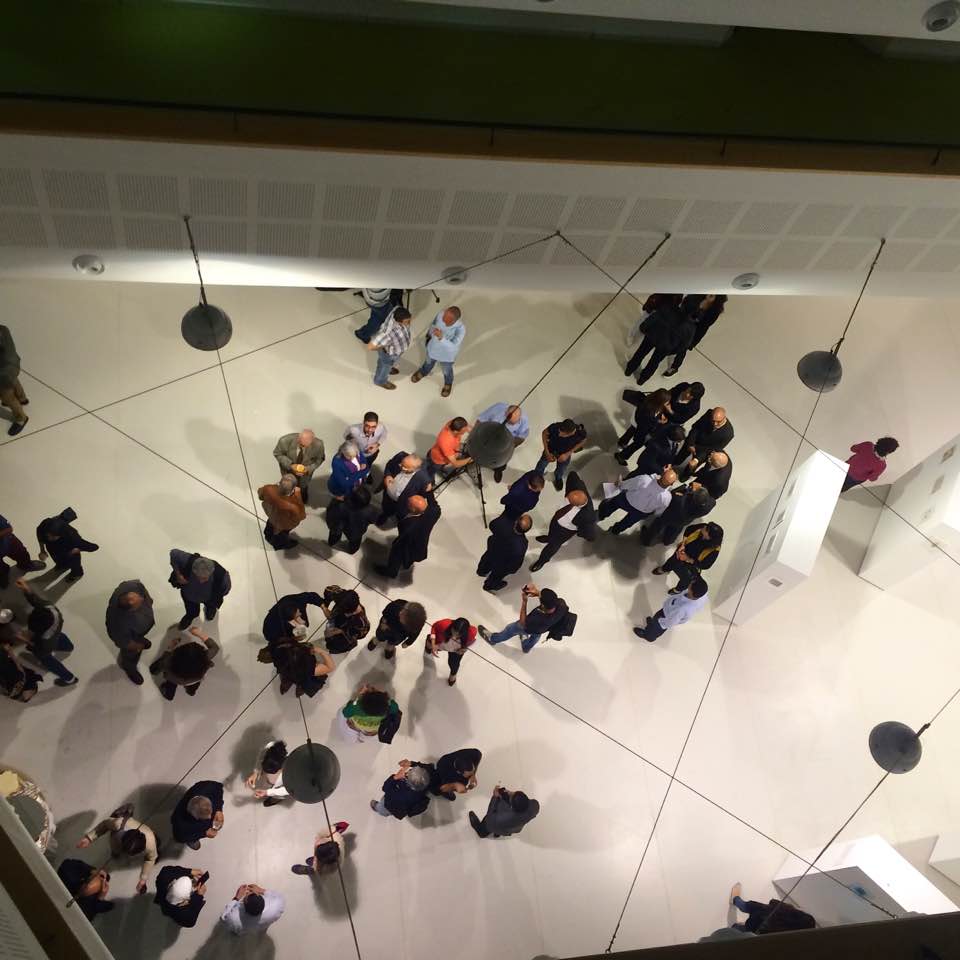“Something simple like coming onto campus can be risky. I can’t move from one part of Palestine to another without passing through a checkpoint with soldiers and guns everywhere. I rent a place close by because it’s not safe for me to travel from home”
On 12 September, British academic Dr Adam Hanieh was detained at Ben Gurion Airport in Tel Aviv and banned from entering Israel for 10 years. The SOAS (School of Oriental and African Studies) academic had been invited to the West Bank by the PhD programme in social sciences at Birzeit University to deliver a series of lectures. However, after 10 hours of being detained at the airport, he was deported back to the United Kingdom.
Birzeit University has strongly condemned the incident, saying that they represent an attack on Palestinian academic freedom – and that it is routinely practised with destructive effects across Palestine. The IPF spoke to academics in Bethlehem to find out more about the challenges to academic freedom in Palestine.
Education flourishes at Dar al Kalima University College despite challenges
Dr Mitri Raheb, President and Founder of Dar al Kalima University College of Arts and Culture (DAK) in Bethlehem, told the IPF that many volunteers working with international organisations have also been imprisoned and deported. International teaching staff find it difficult to acquire visas to stay and work at Palestinian universities.
This year, DAK is celebrating its 10th anniversary. Despite facing a unique set of challenges, this university and others in Palestine have made significant strides given their relatively recent emergence.
Built on the Mureir Mountain in the midst of the Palestinian-Israeli conflict, the college established itself academically creating visual artists, musicians, actors, filmmakers and skilled craftspeople. The IPF visited the college this year and was impressed to learn that the college is environmentally conscious – 40% of the institution’s electricity is solar generated, with aims to be 100% by 2020.
Women at DAK also take key leadership positions – contrasting the UK Higher Education landscape. Two thirds of the top administrative positions are filled by women and there is an equal split within the academics. But when asked what he is most proud of about DAK, Dr Raheb had a clear answer:
The students who engage with issues pertinent to society and the team of scholars and artists who help build a space for creativity.
Restricting travel, restricting opportunities
Along with academics, travel restrictions greatly impair opportunities for young Palestinians. This month 14 young people from the refugee camp Aida, arrived to tour the UK with theatre performances, including notable venues St Paul’s Cathedral and Edinburgh Fringe Festival. They are from Alrowwad Culture and Arts Centre, who together partnered with Amos Trust to make it happen.
Dr Abdelfattah Abusrour is the Founder of Alrowwad and an Assistant Professor at Bethlehem University. Upon his own pursuit of academia over 20 years ago, he received a scholarship by the French Government to do his MSc and PhD in Biological and Medical Engineering at Paris Nord University in France. His application to travel was rejected five times before he finally received permission.
These restrictions are still pertinent. But through touring the world he aims to show young Palestinians a “normal life”, free from barriers, checkpoints, guns and walls.
Palestine has 52 universities producing around 35,000 graduates each year. However, unemployment levels are high and with an ever-increasing globalised market, travel is a necessity to succeed to practice skills and boost economic growth for the country.
Bethlehem student on struggles placed by Israeli occupation
Leila Diab* is a sociology student at Bethlehem University. She speaks highly of the university, the culture, her peers and classes.
When asked how the student experience could be improved, the standard examples of “better facilities” or a “faster feedback” were not given. Instead, Leila reflected on obstacles that were placed before her by the Israeli occupation.
“Something simple like coming onto campus can be risky,” Leila said. “I can’t move from one part of Palestine to another without passing through a checkpoint with soldiers and guns everywhere. I rent a place close by because it’s not safe for me to travel from home.”
Leila wants to pursue a postgraduate qualification in Political Psychology. The course is not provided at Bethlehem University. Although she says she would love to study abroad, she fears the logistics would be too difficult.
With Palestinians not being allowed to enter Ben Gurion Airport, Leila would need to fly from Amman Airport in Jordan. However, to travel to Jordan she would first need a visa from Jerusalem. To enter Jerusalem she needs a permit. If a permit and visa application is successful, she must then travel through three borders – the Palestinian, Israeli and Jordanian.
Each part of this costs money and incurs the certainty of being questioned, as well as the possibility of being frisked and turned away. The process is not a simple one.
Impact on economic growth
The IPF previously visited Bethlehem University on the day of the Bethlehem Business Market. Held annually, the campus fills with students who create a vast range of products, including soaps, jewellery, food and drink. The aim is to allow final year students to practically apply skills they have developed in class throughout their studies such as negotiation, marketing and sales accountability.
Isolation of Palestinian territories and its institutions has stifled its ability to fully harness entrepreneurship, internationalisation and its graduates – 53% of those holding diplomas or bachelor degrees in Palestine are unemployed.
Earlier this year, the UK-Palestine Higher Education Forum reiterated the need for successful cooperation between Palestinian universities and the UK in order to alleviate the challenges around mobility. The report involved 19 higher education institutions and was led by the Higher Education International Unit, Universities UK and the British council.
Building a bridge for greater academic freedom
In May, DAK invited scholars, artists and activists from over 30 higher education institutions in Canada, the United States and Europe to take part in a conference on “Arts and Resistance”. The event was supported by Palestine’s Minister for Culture and aimed to build a bridge between Palestine and the rest of the world.
When asked why higher education institutions in the West should collaborate with a university in difficult circumstances, Dr Raheb pointed out:
“It can be filled with challenges but overcoming them together can be exciting.”
Although challenges facing Western universities differ from its Palestinian counterparts, for those who chose to explore, the opportunities for learning and collaboration through these differences show potential to be rich.
As students and academics from Britain continue to be denied access to Palestine, universities in the UK have been urged to pay close attention to the restraints on academic freedom and challenge them on principal.
*Names have been changed to protect identity.




